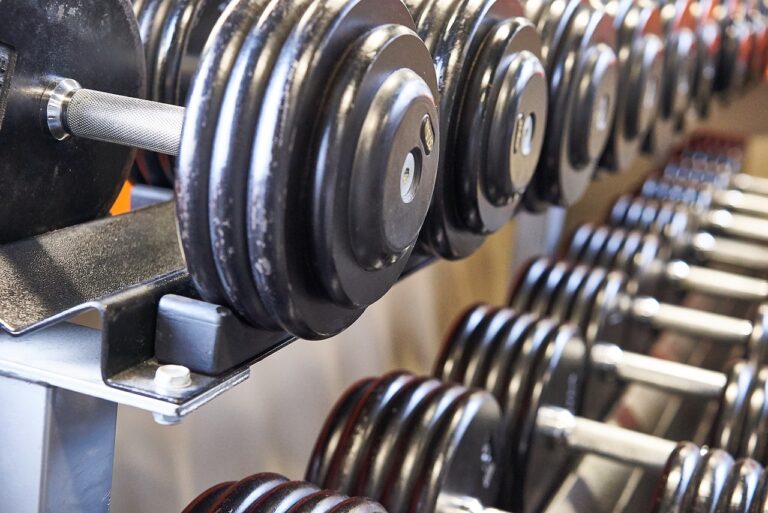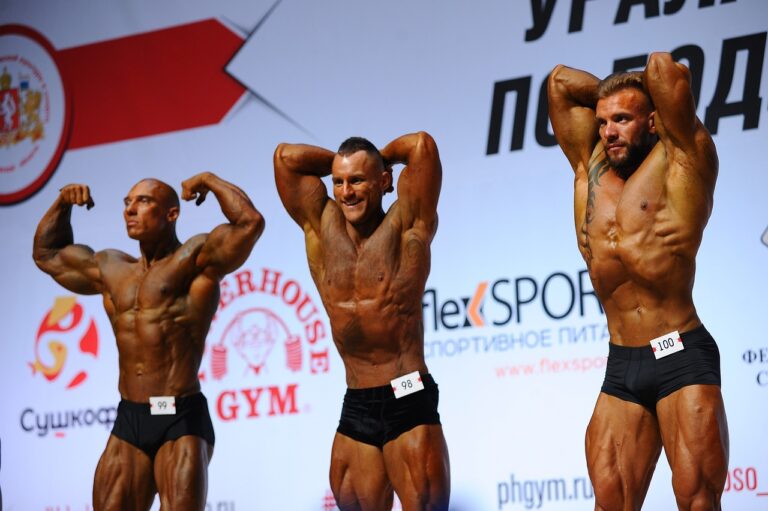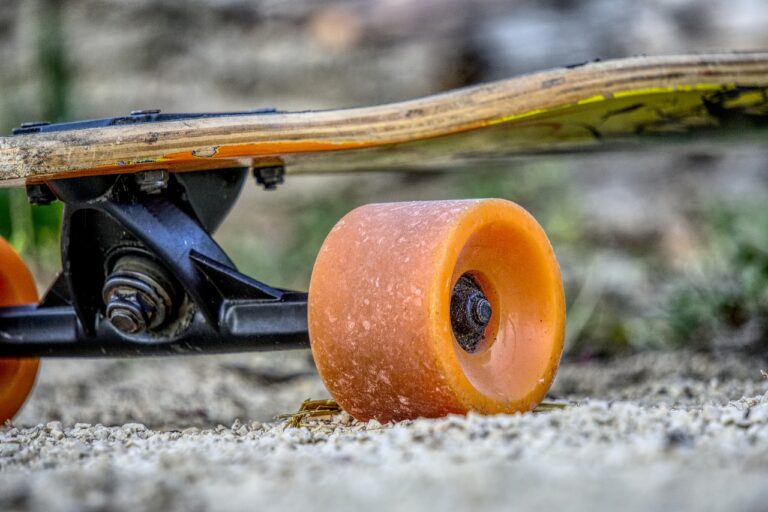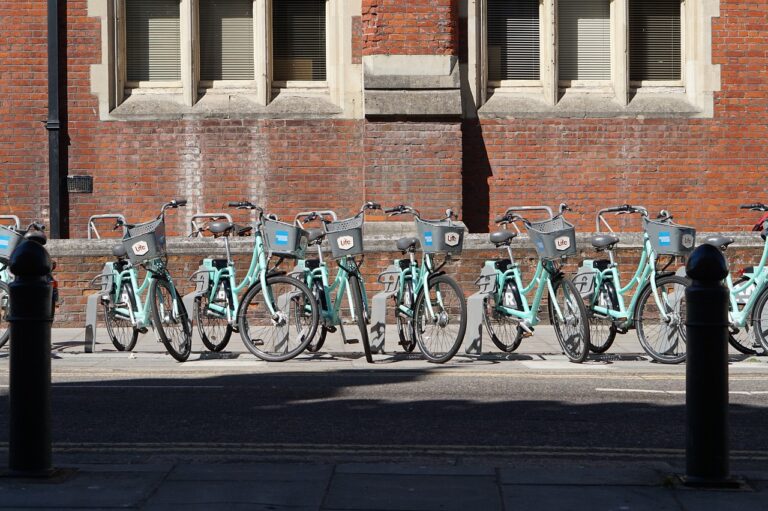The Role of Progressive Muscle Relaxation in Facilitating Plastic Surgery Recovery: 11xplay sign up login password, Laser247 com, Tiger exchange login
11xplay sign up login password, laser247 com, tiger exchange login: Plastic surgery can be a life-changing experience for many individuals seeking to enhance their appearance. However, the recovery process can be challenging, both physically and mentally. One effective technique that has been shown to facilitate the recovery process is Progressive Muscle Relaxation (PMR).
What is Progressive Muscle Relaxation?
Progressive Muscle Relaxation is a relaxation technique that involves tensing and then relaxing different muscle groups in the body. By systematically tensing and releasing muscle groups, PMR helps to reduce muscle tension, decrease stress levels, and promote overall relaxation.
How does PMR help with plastic surgery recovery?
1. Reducing Anxiety and Stress: Plastic surgery can be a stressful experience, and anxiety levels can be high during the recovery process. PMR has been shown to be effective in reducing anxiety and stress, helping patients to relax and cope better with the challenges of recovery.
2. Pain Management: Pain is a common side effect of plastic surgery, and managing pain effectively is crucial for a smooth recovery. PMR can help to alleviate muscle tension and reduce pain levels, providing natural pain relief without the need for medication.
3. Improving Sleep Quality: Sleep is essential for the body to heal and recover effectively. However, pain and anxiety can interfere with sleep quality after plastic surgery. PMR can help patients to relax both physically and mentally, promoting better sleep and faster healing.
4. Enhancing Recovery Time: By promoting relaxation and reducing stress levels, PMR can help to speed up the recovery process after plastic surgery. When the body is in a state of relaxation, healing can occur more efficiently, leading to a quicker recovery time.
5. Boosting Emotional Well-being: Plastic surgery can have a significant impact on a person’s self-esteem and confidence. PMR can help patients to feel more calm, centered, and positive during the recovery process, enhancing emotional well-being and overall satisfaction with the results of the surgery.
6. Strengthening Mind-Body Connection: PMR encourages patients to focus on their body and become more aware of their physical sensations. This can help patients to develop a stronger mind-body connection, leading to a greater sense of control over their recovery process and overall well-being.
Overall, Progressive Muscle Relaxation can play a significant role in facilitating plastic surgery recovery by reducing anxiety, managing pain, improving sleep quality, enhancing recovery time, boosting emotional well-being, and strengthening the mind-body connection.
FAQs
Q: How long should I practice PMR each day?
A: It is recommended to practice PMR for 10-20 minutes each day to experience the full benefits of relaxation and stress reduction.
Q: Can PMR be used in conjunction with other relaxation techniques?
A: Yes, PMR can be combined with other relaxation techniques such as deep breathing exercises or meditation to enhance the overall relaxation experience.
Q: When is the best time to practice PMR during the recovery process?
A: PMR can be practiced at any time during the day, but many patients find it helpful to practice before bed to promote better sleep quality and relaxation.
Q: How soon after plastic surgery can I start practicing PMR?
A: It is important to consult with your surgeon before starting any relaxation techniques, but in general, PMR can be started as soon as you feel comfortable and ready to begin the recovery process.
In conclusion, Progressive Muscle Relaxation is a valuable tool that can aid in the healing process after plastic surgery by promoting relaxation, reducing stress, managing pain, and improving overall well-being. By incorporating PMR into your recovery routine, you can enhance your recovery experience and achieve optimal results from your surgery.







